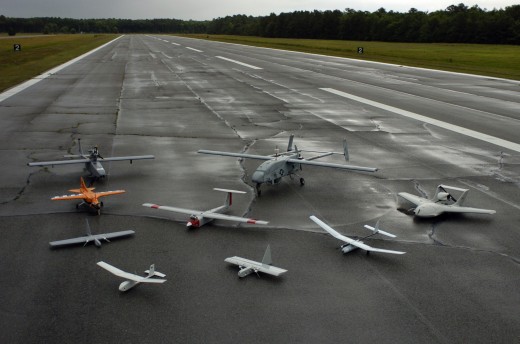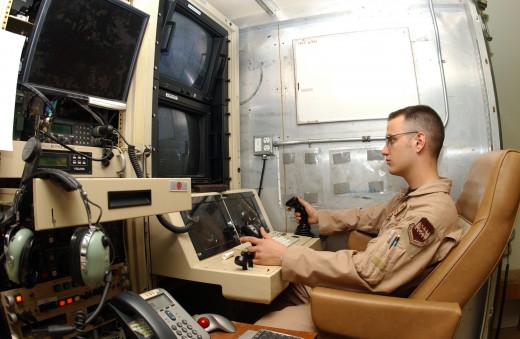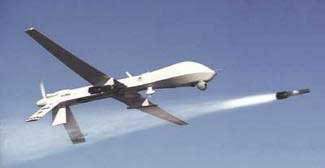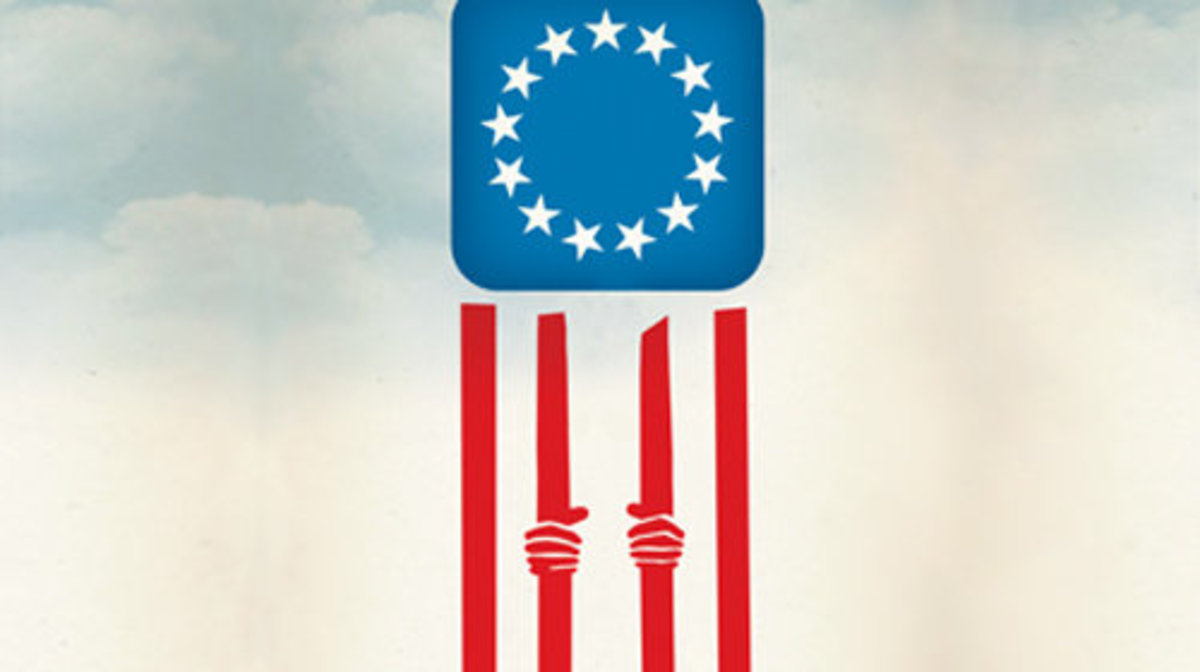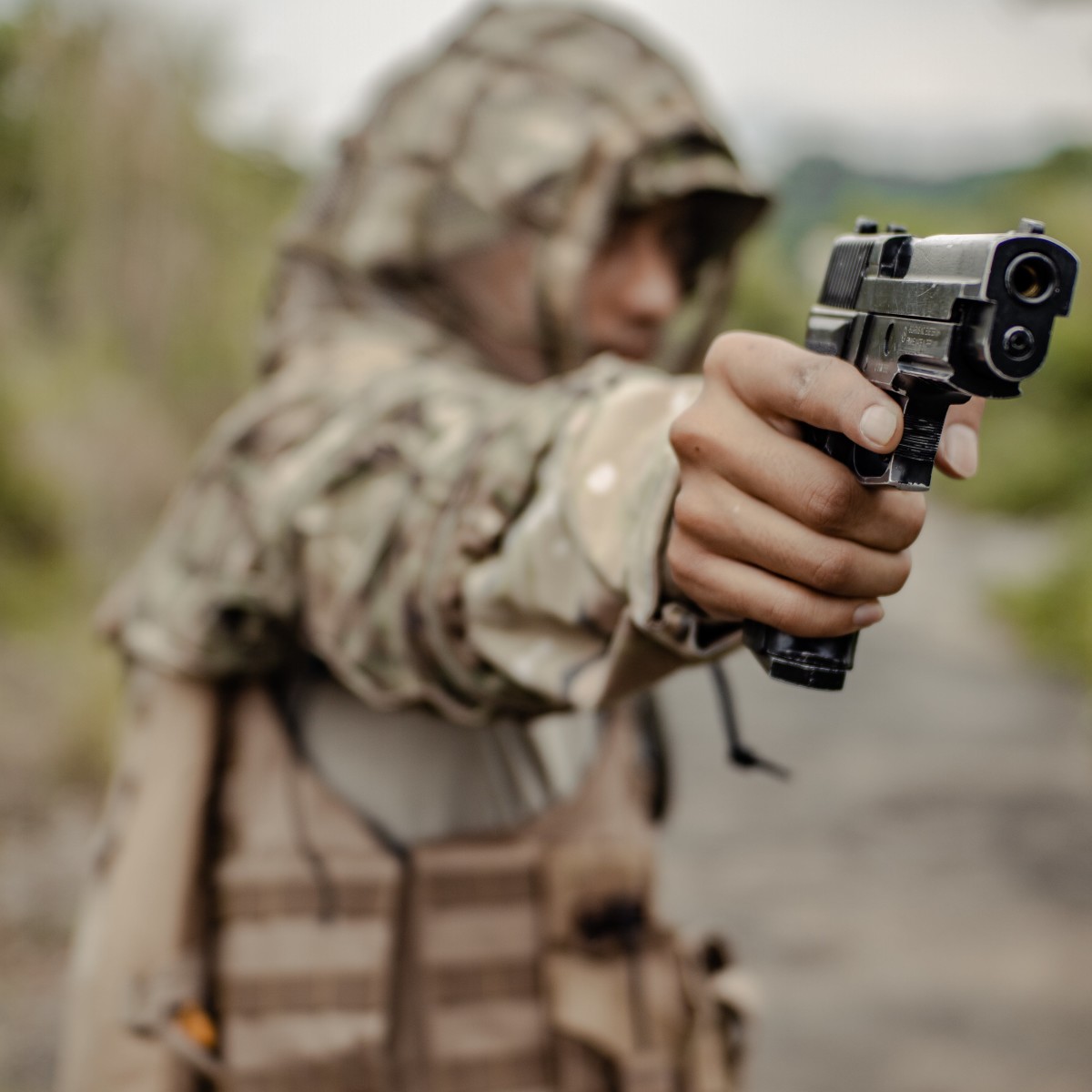Drones - National Security or Domestic Threat?
Meet your new neighbor - the Unmanned Aerial Vehicle.
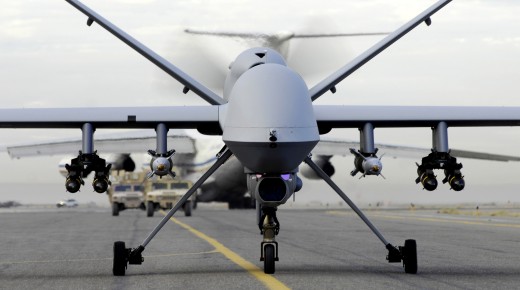

“They save lives!” General John Meyer said of drones in 1972.
"The only reason we need (UAVs) is that we don't want to needlessly expend the man in the cockpit", explained General George Brown - also in 1972 - the year before public admission of the existence of a drone program in the U.S. military.
In a practical sense, if an aerial vehicle is to be lost, that loss is very much preferable if not accompanied by the loss of an airman in the process.
Thus, drones save lives.
Click HERE for Obama White Papers
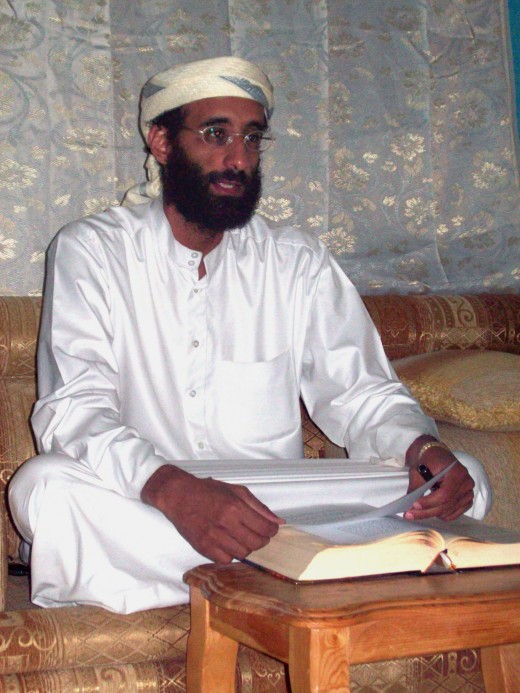
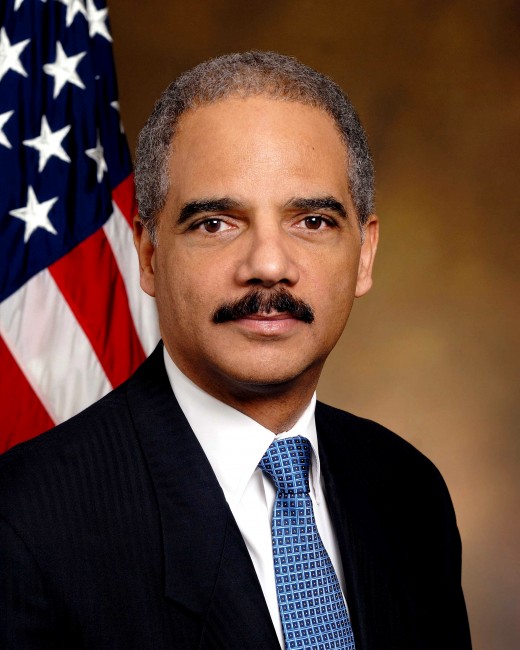

Kin-Folk and Calisthenics
Unfortunately though, for a certain 16 year-old born in Denver, Colorado, the inverse turned out to be the case. Abdul-Rahman al-Awlaki - American-born citizen - was specifically targeted and killed via drone attack in Yemen apparently for his crime of having radical kinfolk.
White House Secretary Robert Gibbs explained that he should have had a "far more reasonable father".
“Due process and judicial process are not one and the same,” according to U.S. Attorney General Eric Holder, “Citizenship alone does not make such individuals immune from being targeted.” Apparently not.
We learned recently of a so-called kill-list: photos and stats similar to baseball cards of the top 30 al-Qaeda members, and charts resembling year-book pages of the targets and their likely companions. “How old are these people?” Obama is said to have queried, adding “If they are starting to use children, we are moving into a whole different phase.” Indeed.
The POTUS himself reportedly identifies targets to be pursued, and hopefully eliminates any mistakes involved in delegating such responsibility. Added national security advisor Thomas Donilin, “He’s determined to keep the tether pretty short.”
According to the CIA, since May 2010, there have been exactly ZERO accidental civilian casualties resulting from drone strikes. This thanks, in no small part, to our policy of posthumously declaring all military-aged males as militants. Which of course, makes it very difficult to appeal those charges.Identity strikes, like those on al-Awlaki, target a specific individual. There may be a certain level of collateral damage, but the attack is focused in it’s intent. The signatures strike, however, is a tactic which identifies targets whom display suspicious behavior. Unfortunately though, traveling in a caravan might look a bit suspicious. Outdoor group activities, especially calisthenics and the occasional wedding party (sadly, it’s happened), might look a bit suspicious.
Hopefully unfounded for the repulsiveness of content, there are now reports (by the Bureau of Investigative Journalism) of strategic double-tap tactics being carried out by UAVs. This double-tap is the second attack, which occurs once the responders arrive on the scene of the initial attack. Also, follow-up attacks of mourners and funeral processions. Hopefully these incidences have been coincidental and not strategic.
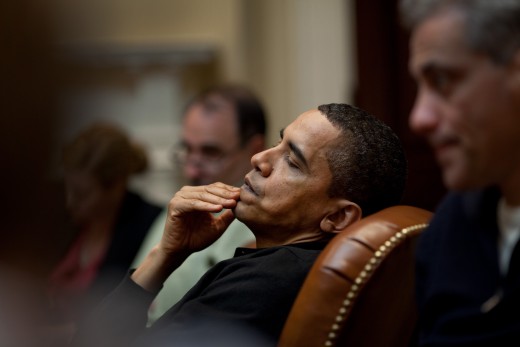
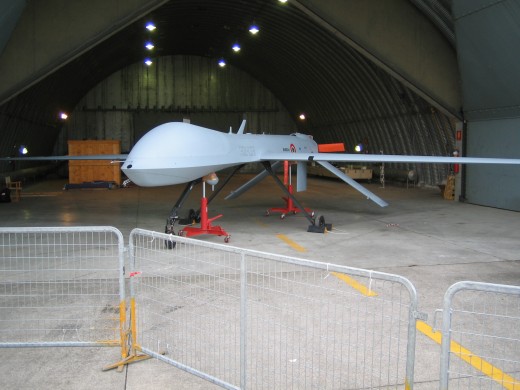
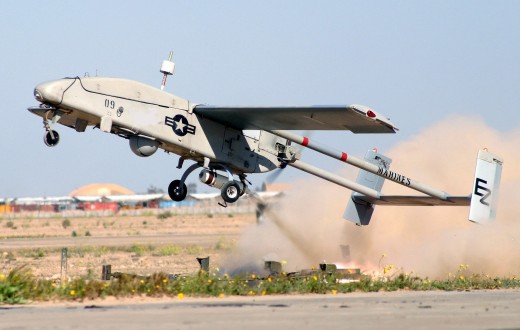
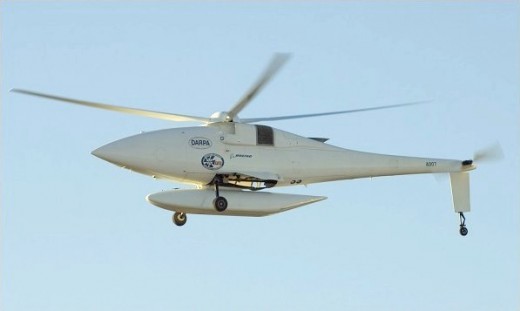
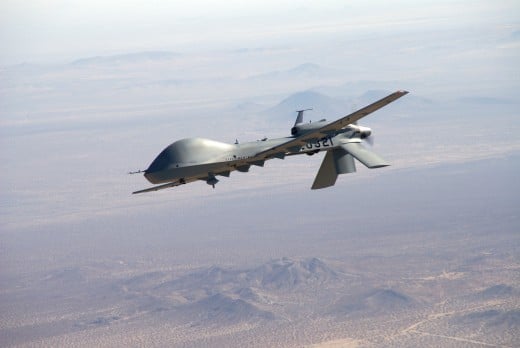
Collateral Damage & Toxic boots
In 2009, President Obama’s initial UAV endeavor wound up accidentally killing 19 people with all of five missiles, and all of whom turned out to be civilians. By July 2012 - nearly 300 drone strikes later (after 52 under Bush) - upward of 3000 people, including around 800 civilians, had been killed (BIJ).
The USAF 100th Strategic Reconnaissance wing flew nearly 3500 drone missions in Vietnam. Today, at least 50 countries worldwide are advancing drone warfare. We enlist Reapers, Predators, Ravens, Shadows, Hawks, and their brethren; which are deployed in Yemen, Iran, Somalia, Libya, Pakistan & Afghanistan. The Pentagon currently counts some 7000 UAVs among it’s fleet.
The use of combat drones allow opportunistic circumvention of the political toxicity surrounding boots-on-the-ground conflict, while further disconnecting the majority of the populace from the 1% representing us overseas in combat. Rather than dealing with the hassle of being open with the public; rather than dealing with the political calculus of gaining Congressional for approval of war; rather than uprooting troops from their families and shipping them off into harm’s way on foreign lands… Instead we can simply deploy an army of flying robots. And the best part? The drone pilot can carry out ordered assassinations, and then go home and play with the kids in the yard. What’s not to love?
Let’s not forget about the money. We can never forget about the money. An RQ-1 Raven has a unit cost of $35,000, with a program cost of $250,000 (GlobalSecurity.org). The MQ9 Reaper has a $36.8 million unit cost and $11.8 billion program cost (Department of Defense). The MQ1Predator is $4million and S2.38 billion (DofD), and the RQ-7 Shadow is $750,000 and $15.5 billion (Aeroweb).
Drones are relatively inexpensive compared to the B-2 Spirit, with a $1.07 billion unit cost and a whopping $44.75 billion program cost (or $2.1 billion apiece) through 2004 (US General Accounting Office). Or the F-22 Raptor with a $150 million unit cost and $66.7 billion program cost (USAF). In other words, the price tag on a single B-2 bomber equals the cost of 65 of even the most expensive drone unit.
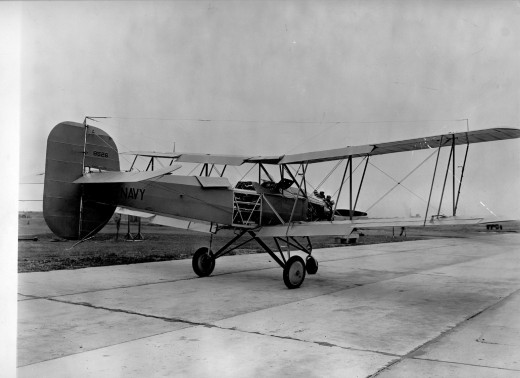
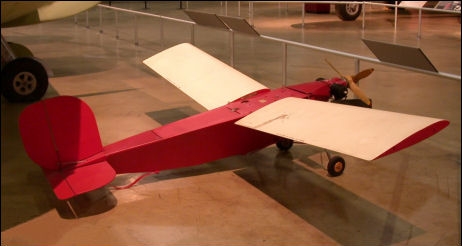
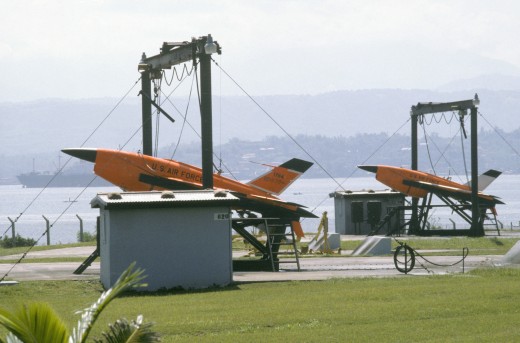
Eastern Gateway Community College?
As the war in Afghanistan inevitably winds to a close, domestic drone use is on the verge of an explosion. The Federal Aviation Administration Modernization and Reform Act (2012) welcomes commercial drones onto the scene, as the FAA projects 30,000 domestic drones and has reportedly approved 82 drone models (including nano/hummingbird drones) and issued 285 licenses while streamlining the process. Mostly utilized as Patriot Act surveillance apparatus, Seattle PD, WSDOT, & Eastern Gateway Community College (?) are all “permitted drone operators.” A Reaper MQ-9 drone recently assisted North Dakota sheriffs in apprehending suspected cattle-rustlers.
Imagine, if you will, a future in which patrolling UAVs are so commonplace as to become unnoticed. Or quiet enough to go largely unheard, and small enough to remain largely unseen. Thirty-thousand approved drones potentially patrolling the country-side. What happens when Wal-Mart’s seemingly inevitable drone fleet (I'm kidding) falls prey to cyber-terrorists? What about a single drone armed with chemical weapons?
An airliner was not generally seen as a potential form of munitions until 9/11.
So yes, it's a nuanced issue - what determines the palatability are not the drones themselves, but the manner in which drones are used. Are drones programmed with Geneva Convention rules acceptable? Would we rather have tens of thousands of boots on the ground in Yemen and Pakistan? I get that. But the drone program further separates the public from sacrifice of battle. And by incessantly reigning down death from the sky upon civilians, we just create more and more backlash in the form of terrorism.
There is a compromise to be made here, by much more intelligent folks than myself, and it lies somewhere between the need of surveillance for public safety, and the privacy concerns of individual citizens.
Can we have this conversation please?
7/11/12
